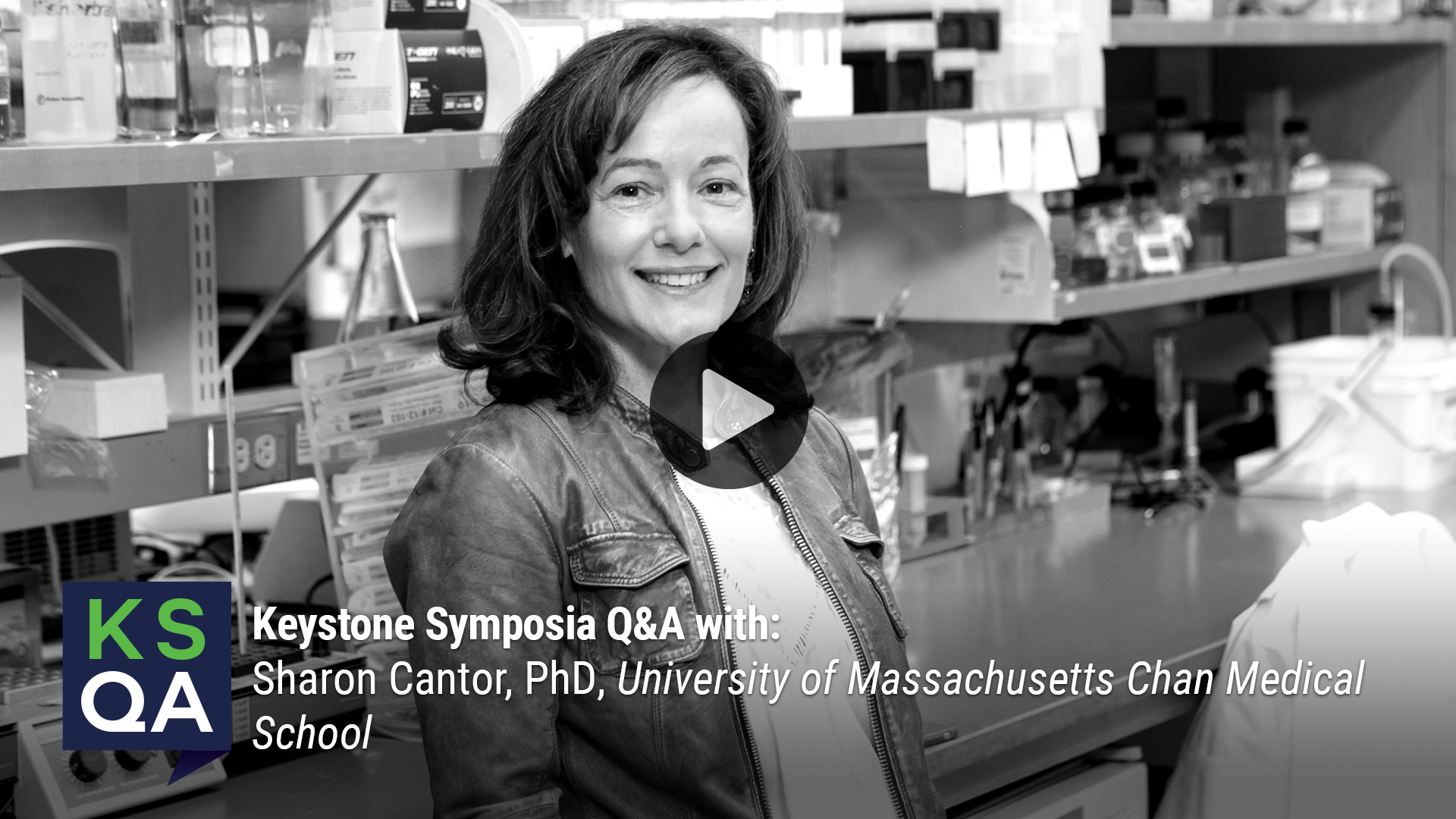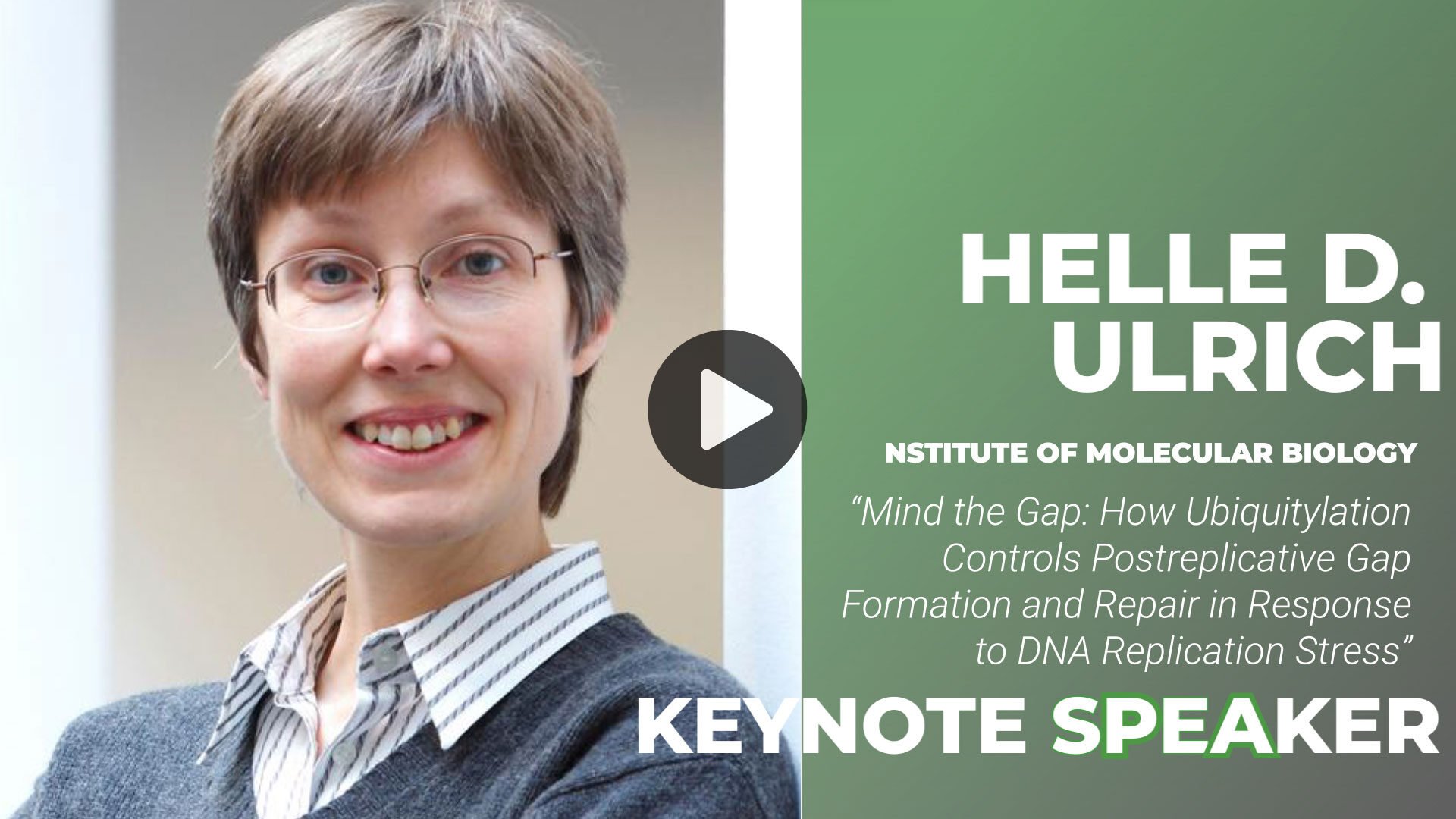Apr 27–30, 2025 | Daejeon Convention Center, Daejeon, South Korea
Scientific Organizers:
Sharon B. Cantor, Alberto Ciccia, Vincenzo Costanzo, and Kyungjae Myung

-
Scientific Organizers: Sharon B. Cantor, Alberto Ciccia, Vincenzo Costanzo, and Kyungjae Myung
Sharon B. Cantor
Alberto Ciccia
Vincenzo Costanzo
Kyungjae Myung
Important Deadlines
Meeting Summary
In this new meeting, we will delve into the captivating biology of DNA replication stress and single-stranded DNA (ssDNA) replication gaps as it relates to cancer development, progression and treatment. This meeting will cover exciting new discoveries and reveal mechanistic underpinnings with implications for treatment, such as:
- While historically overshadowed by the focus on DNA double-stranded breaks (DSBs), recent transformative findings have positioned gaps as the key lesions sensitizing cancer cells to chemotherapy.
- Gap filling mechanisms can enable the acquisition of chemotherapy resistance and lead to widespread mutagenesis propelling cancer genome evolution.
- Oncogene expression or tumor suppressor loss induces gap formation that typically activates cell death or senescence. Yet these protective pathways are blocked in cancer cells, allowing them to proliferate. Understanding these key mechanisms is essential for designing more effective cancer therapies.
The implications of these discoveries are profound, as they compel us to reevaluate the design of cancer therapies while also unveiling new possibilities for biomarkers of chemotherapy response and targets for more effective cancer cell elimination.
By exploring the links between gap repair, tumor mutation burden, and immune checkpoint inhibitors, this meeting aims to enhance our understanding of how these pathways can be harnessed to stimulate natural immunity and improve cancer treatment outcomes. During this conference, we will gather distinguished leaders in the field, who will share their expertise and discuss the fundamental mechanisms driving gap formation, regulation, and their impact on and relationship to replication stress and cancer. By embracing an interdisciplinary approach, combining state-of-the-art super-resolution imaging, sophisticated genetics, and mechanistic analysis, we aim to shed light on the hidden pathways that govern gap metabolism and exploit their potential for innovative anti-cancer therapies.
We will also explore how these findings can synergize with emerging strategies, including targeted therapies and immunotherapy, to pave the way for more effective treatments. Importantly, we expect strong interest from pharmaceutical companies that are currently re-examining their anti-cancer drugs as gap inducers and/or gap repair disruptors, and therefore seek tools, biomarkers and insight in this developing field. The timeliness and significance of the meeting is underscored by the swiftly evolving body of literature and reviews concerning DNA replication stress, gaps and cancer therapy response, and this meeting provides the opportunity to make connections and collaborations to advance scientific and translational impacts in the field.
In the video below, Dr. Sharon Cantor from the University of Massachusetts Chan Medical School, talks about why you should attend this meeting:
And, check out some speaker highlights:
SPECIAL RECOGNITION:
KEYSTONE SYMPOSIA THANKS OUR MEETING EXHIBITOR(S):
KEYSTONE SYMPOSIA THANKS THESE DONOR(S) FOR GENEROUSLY SUPPORTING THIS MEETING:
THESE COMPANIES HAVE GENEROUSLY AGREED TO COVER THE EXPENSES OF THEIR EMPLOYEES WHO ARE SPEAKING AT THIS MEETING:
GRANT RECOGNITION:
Unique Career Development Opportunities
This meeting will feature a Career Roundtable where trainees and early-career investigators will have the opportunity to interact with field leaders from across academic and industry sectors for essential career development advice and networking opportunities. Find out more about Career Roundtables here: https://www.keystonesymposia.org/diversity/career-development-initiatives
KEYSTONE SYMPOSIA THANKS OUR GIFT-IN-KIND MEDIA SPONSORS
Subscribe for Updates

